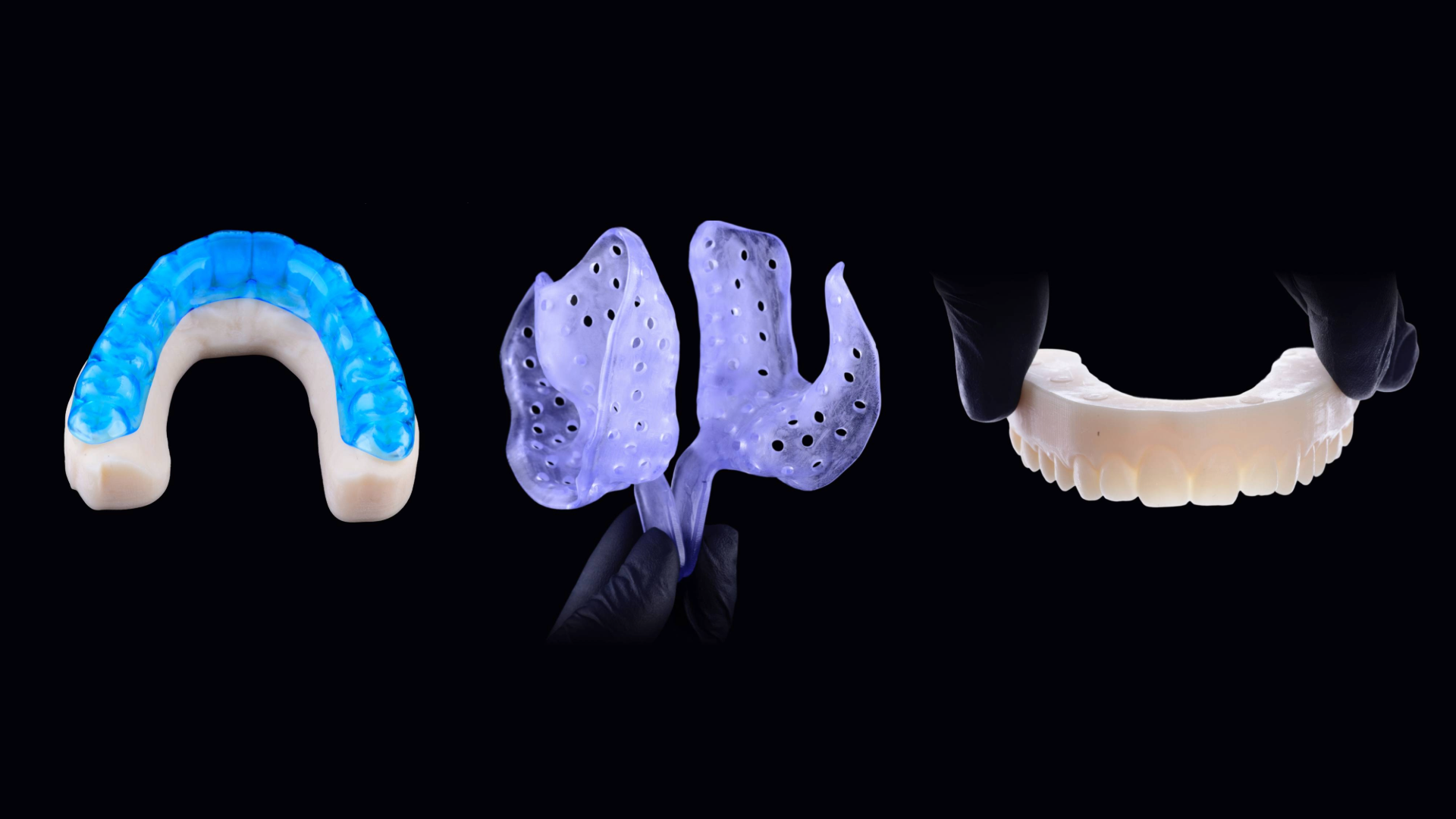Swinburne to boost AI-driven design for dental devices with investment in H3D

H3D’s cloud-based AI Computer-Aided Design (CAD) service will benefit dental laboratories worldwide
In summary
Swinburne has invested in spinout company H3D, a cutting-edge tech company that is reinventing custom-fit devices using AI and automation
The investment will support the commercialisation of H3D’s cloud-based AI design service for dental laboratories, to improve efficiency and scalability in dental manufacturing
Originally developed from Swinburne research, H3D’s AI CAD service already automates the design of over one million hearing aid devices annually
Swinburne University of Technology is putting its money where your mouth is, investing in AI-driven technology for dental devices based on Swinburne PhD research, following similar success in the world of custom hearing aids.
The investment in H3D, a cutting-edge technology company, will support the commercialisation of its innovative cloud-based AI Computer-Aided Design (CAD) service for dental laboratories worldwide.
H3D has already transformed the audio manufacturing industry, automating the design of over one million annual custom hearing aid earmolds, noise protection earplugs, and in-ear monitors for customers globally.
The technology behind these innovations was developed through groundbreaking PhD research at Swinburne by Dr Philip Kinsella, now H3D’s Chief Technology Officer. The investment follows Swinburne’s original support of H3D in 2019.
Swinburne’s Vice-President of Innovation and Enterprise, Dr Werner van der Merwe, says the investment in H3D highlights the impact universities can have on real-world issues, particularly through AI-driven solutions.
"Swinburne is at the forefront of innovation, committed to transforming industries through cutting-edge technology and forward-thinking research. By investing in H3D, we’re excited to support their AI-driven solutions as they reshape dental and audio manufacturing at scale," Dr van der Merwe says.
The company’s new dental service will add support to its AI technology for designing dental models, custom trays and splints, with plans to expand to other products.
As well as benefiting manufacturers, H3D’s AI CAD technology offers end users improved quality, reduced costs and quicker design times. The technology is already transforming the way thousands of Australians receive the earmolds for their hearing aids.
H3D CEO Iain McLeod says the investment marks an exciting milestone in H3D’s growth and commitment to transforming the dental and audio manufacturing industries, setting the stage for further advancements in custom-fit device technologies.
"This investment from Swinburne has allowed us to accelerate our software development, which involves a combination of AI, 3D and Cloud technologies. “, says Iain Mcleod, CEO, “Swinburne’s support has been impactful to our company’s growth, both during our early days and now as we expand into the dental industry".
Next-gen scan-at-home technology
Alongside the AI CAD service, H3D is also developing a 3D smartphone ear scanning app. The app is currently being used by a select group of consumer brands to offer custom fit earphones and hearing protection to their customers from their own iPhone.
Looking ahead, H3D anticipates their customers will be able to self-scan at home, significantly improving accessibility and convenience for consumers and patients to access custom-fit wearable devices.
-
Media Enquiries
Related articles
-

- Student News
- Science
- Sustainability
Introducing tomorrow’s global science communicators
Start Talking is Swinburne’s unique video-based public speaking competition, exclusively for undergraduate students
Monday 08 December 2025 -

- Astronomy
- Technology
- Health
- Science
- University
- Sustainability
- Engineering
Swinburne highly cited researchers reach the top in 12 fields
Ten Swinburne academics have been named on the Highly Cited Researchers 2025 list, released by Clarivate
Tuesday 02 December 2025 -

- Science
- Engineering
Swinburne secures grant to advance next-generation metamaterials research
Swinburne physicist Dr Weibai Li has received a Discovery Early Career Researcher Award from the Australian Research Council
Tuesday 02 December 2025 -

- Technology
- Health
- Science
- University
$1.2m ARC funding to boost national X-ray spectroscopy capability through Swinburne and QUT partnership
Swinburne has secured $1.2 million in the latest Australian Research Council Linkage Infrastructure, Equipment and Facilities scheme round
Tuesday 02 December 2025 -

- Astronomy
- Technology
- Science
- Engineering
Meet Swinburne’s Roo-ver Mission team
Roo-ver will be Australia's first lunar rover, and it’s being designed, built and tested in Australia. Swinburne is playing a key role in the design and construction of Roo-ver, through its involvement in the ELO2 Consortium.
Wednesday 26 November 2025

